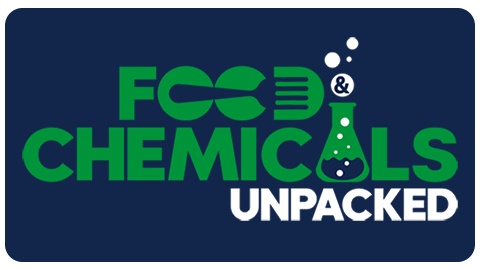
The Maine Department of Environmental Protection (DEP) announced on February 14, 2023 that it is now accepting public comments for the state’s PFAS reporting draft rule, which was approved by the Maine Board of Environmental Protection on January 19, 2023. The rule provides additional guidance on the notification requirements and sales prohibitions for products and product components containing intentionally added PFAS.
U.S. Food and Drug Administration (FDA) Commissioner Dr. Robert Califf announced a proposed change in the Agency’s structure to create the FDA Human Foods Program.
On January 27, 2023, CalRecycle, the California agency that oversees the state’s waste management, recycling, and waste reduction programs, published a Notice of Proposed Rulemaking regarding amendments to the Recycling and Disposal Reporting System (RDRS).
The U.S. Food and Drug Administration (FDA) recently added ten new substances to its Inventory of Effective Food Contact Substances (FCS) Notifications. The newly listed substances and the manufacturers are listed below.
The Maine Board of Environmental Protection (BEP) voted in favor of moving the rulemaking process forward for the state’s PFAS reporting draft rule during a January 19, 2023, meeting. In developing this draft rule, the Maine Department of Environmental Protection (DEP) held two sessions where it invited input from the public on concept draft rules. Based on input received, DEP made several revisions to the draft.
The Council on Environmental Quality (CEQ) released interim guidance on January 9, 2023, regarding how agencies should consider greenhouse gas (GHG) emissions and climate change effects of their proposed actions under the National Environmental Policy Act (NEPA).
The Modernization of Cosmetic Regulation Act (MoCRA) was signed into law on December 23, 2022, as part of the Consolidated Appropriations Act of 2023. It amends Chapter VI of the Federal Food, Drug, and Cosmetic Act (FD&C Act) to strengthen the U.S. Food and Drug Administration’s (FDA) oversight of cosmetics.
Recent updates to the California Safer Consumer Products (SCP) program could impact food packaging requirements in the state. The regulations implementing California’s Green Chemistry Initiative—referred to as the “Safer Consumer Products (SCP) Regulations”—have been amended to conform to the requirements in SB 502, which was signed by the governor on September 28, 2022.